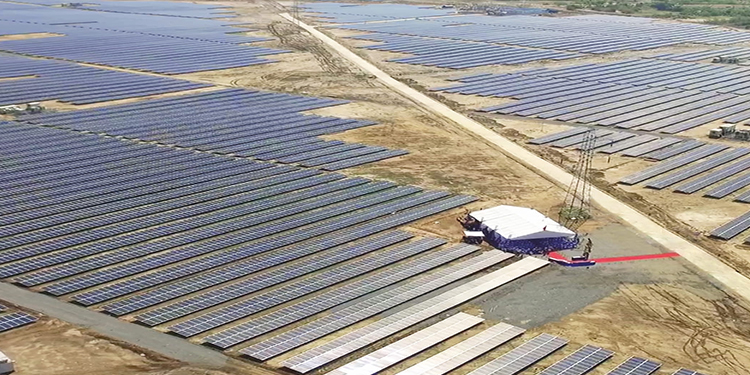
Approximately 14 gigawatt hours (GWh) of renewable electricity will be delivered yearly under the 25-year power supply agreement, which was signed in September 2025.
More than 7,000 metric tonnes of carbon dioxide emissions are anticipated to be eliminated annually, Abyssinia’s electricity costs are anticipated to decrease, and the country is less exposed to fluctuating diesel prices and grid tariffs.
The project provides steady, long-term earnings in a market where energy-intensive businesses are looking for reliable, less expensive electricity supplies.
The company has positioned itself to take advantage of growing demand from manufacturers in Kenya who are facing high electricity bills. The company funds, constructs, and owns solar installations for commercial clients in Africa. With power costs frequently accounting for up to 40% of production costs, Kenya’s steel industry is especially susceptible to energy variations.
Abyssinia, the biggest steel producer in East Africa, with an annual capacity of around one million metric tonnes, is placing a wager that renewable energy can boost competitiveness in regional markets while simultaneously reducing operational costs.
Jateen Patel, CEO of Abyssinia, stated in a statement that “secure and reasonably priced energy is essential for steel production.”
By diversifying our renewable energy sources, we are lowering expenses, lowering carbon emissions, and demonstrating that Africa’s heavy industry can set the standard for cleaner futures.
According to industry observers, these private solar projects are starting to change the power landscape in Kenya, which has historically been controlled by the state utility Kenya Power. Long-term supply agreements, such as the one with Abyssinia, provide investors with steady revenue flows and assist Kenya in meeting its goal of decreasing greenhouse gas emissions by 32% as stipulated in the Paris Agreement.
Spenomatic, based in Nairobi, will build and run the plant. Spenomatic has more than 160MWp of solar systems in the area.
The solar industry in Kenya may emerge as one of the most alluring growth sectors for impact and private equity investors in the coming ten years, according to analysts, as demand is driven by energy costs and climate goals.
